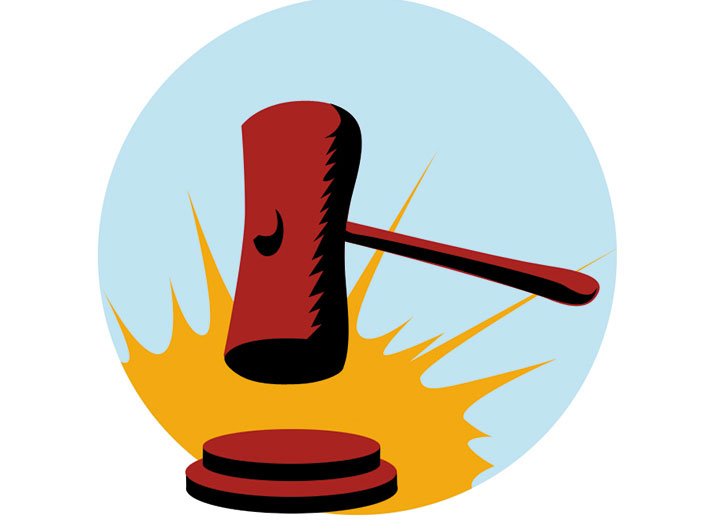The Naroda Patiya case follows the familiar pattern of 1984 riots, Hashimpura, Maliana…
Maya Kodnani, a BJP leader who was the MLA from Naroda when this locality on the outskirts of Ahmedabad witnessed one of the most gruesome episodes during the Gujarat riots of 2002, was acquitted by the Gujarat High Court on Friday. Her acquittal in the Naroda Patiya massacre case is only a sequel to a series of such exonerations of those named in collective crimes.
The Supreme Court-appointed special investigation team (SIT) is believed to have meticulously collected evidence and arraigned Kodnani, Babu Bajrangi and 59 others in the killing of 97 persons, mostly children and women. Though the SIT court had convicted 32 persons, including Kodnani and Babu Bajrangi, it set free 29 others for want of evidence. The high court has now largely upheld the SIT court’s decision on acquittal but modified the sentence on Bajrangi and pronounced acquittal of Kodnani – again for want of evidence.
Kodnani’s acquittal follows a familiar pattern that raises serious doubts about India’s criminal justice system and exposes its inability to deal with crimes of collective nature. More recently, the courts have acquitted the upper-caste accused arraigned for perpetrating the killings of lower-caste people in Bihar. Though the state government has promised to take the issue to higher courts, justice for the victims appears to be an illusion rather than reality.
Let us take some more examples to bring home the stark reality that stares us on the issue of collective violence. In May 1987 Uttar Pradesh’s provincial armed constabulary (PAC), an armed force of the state police, was accused of killing 72 Muslims in Maliana and 42 in Hashmipura of Meerut. In Hashimpura, able-bodied Muslim youth were rounded up by armed police and brought to the Hindon canal in the adjacent Ghaziabad and shot at in cold blood.
That was the time when Bir Bahadur Singh was the UP chief minister. The events made screaming headlines at that time. But more than three decades later, none of the accused has been punished yet. In the Hashimpura case, all the accused were let off recently while the Maliana case has been dragging endlessly in the court. In the meantime, many witnesses to the crime have dies and testimonies stand diluted because of the time lapse.
Now take the case of the 1984 anti-Sikh riots in Delhi, Kanpur and Bokaro where thousands were killed following the assassination of prime minister Indira Gandhi. The Rajiv Gandhi government appointed a judicial commission headed by Justice Ranganath Mishra. His report substantially watered down the culpability of many Congress party leaders ranging from HKL Bhagat, Jagdish Tytler and Sajjan Kumar to Kamal Nath whose names initially figured in one of the worst case of collective violence India had witnessed since independence.
The Mishra commission and the subsequent criminal inquiry by the police could hardly pin the blame on culprits in Kanpur and Bokaro where all the accused (most of them were known to people) were let off for want of evidence. In Kanpur even officials who were accused of promoting violence could not be brought to book.
Similarly in Bihar, the most infamous killings of Muslims in Bhagalpur in 1989 –known as the Bhagalpur case – could make progress and show a semblance of justice only after 2005 when Nitish Kumar became chief minister and formed a commission. Till then, Lalu Prasad , who ironically used to project himself as a messiah of the minorities, refused to take any step as most of the accused belonged to his caste, Yadav. While driving down the roads in central Patna, one still finds a large accommodation occupied for relief operations for those victims. In thirty years’ time, the criminal justice system miserably failed to deliver justice to those who have lost their kith and kin in communal violence.
There are many such instances which prove abject inadequacy of the criminal justice system in dealing with the cases related to collective violence. Kodnani’s acquittal is a continuum of that failure. Irrespective of the political denomination of the government, the inability of the state’s institutions to bring culprits to book and hold them accountable for their misdeeds is quite evident across the country. No doubt, Kodnani’s exoneration read with the acquittal of the accused in various such cases like the Mecca Masjid blasts in Hyderabad reaffirms our worst fears, that “more the things change, more they remain the same”.
[This comment has appeared on FirstPost.com]



